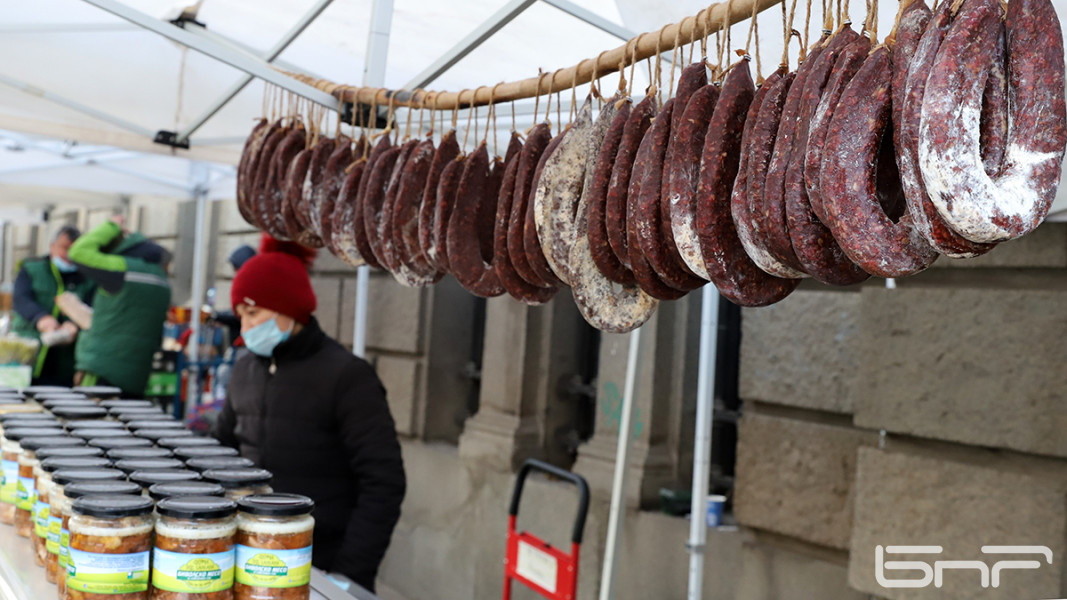People who seek organic, fresh food often shop at farmers markets where producers sell their own produce - fruit and vegetables, honey, dairy products, jams, canned food, wine. And though they have existed for some years it is only now that any regulation of their activities is being considered.
Two draft documents – a set of rules governing the usage of farmers markets and guidelines for the safety of the food on sale at guest houses – aim to make trading in homemade and farmers food aboveboard. The documents introduce, for the first time, official definitions for farmers market, local food, farmers food and craft food.

The set of rules for the usage of farmers markets organizes their activities by introducing rules regarding the food sold, the hygiene on location, the equipment used, as well as the people engaged in the sales.
“We have been organizing farmers markets for eight years and what has been a problem all these years is that there are no food safety measures, no unified standards,” says Gergana Kabaivanova from the LocalFood foundation, one of the authors of the draft documents. “So far we have, unfortunately been literally penalized by the Food Safety Agency with unjustified proscriptions with regard to food control. That is why we want to be distinguished from other, incidental events where people put up grubby tables and sell pseudo-homemade food without any control whatsoever. The purpose of this set of rules is to differentiate the farmers markets with their professional approach and strict control of food safety, from the unauthorized markets.”

The document of rules proposes a measure regarding the organization of charity and educational events, and demonstrations, where home-cooked food can be sold, demarcating home-cooked from professionally made food.
“The set of guidelines is a simplified procedure for registering home kitchens at guest houses,” Gergana Kabaivanova explains, referring to the second documents. “The rules will enable guest house keepers to offer home-cooked food to their guests but also to any client at their restaurant. They will also be able to make sales to end customers using online shops, and at local farmers markets.”
An inspection of 20 guest houses showed that the people who run them are not aware what could be improved if they register kitchens which could offer food to all kinds of clients. That is why approval of the set of rules is just the first step.
“Once we have the approved legal basis we shall start to register the first pilot guest house kitchens so as to demonstrate how rural tourism can develop by offering home-cooked food, and that this will be helpful to the entire village,” Gergana Kabaivanova says further.
The two draft documents were submitted to the National Food Council in November last year. An expert council is yet to analyze and, possibly, approve them.
Interview by Aishe Lyatif, BNR-Shumen
Editing by Diana Tsankova
Photos: BNR
Bulgaria celebrates National Reading Day on the third Friday of November. The Reading Foundation is leading the initiative under the motto: “Read. For Real”. According to the OECD's PISA 2022 study, 53% of 15-year-old students in Bulgaria have..
On November 21–22, 2025, the 11th edition of the Career Fair will take place at the John Atanasov Hall in Sofia Tech Park. The forum aims to support early career orientation for young people in Bulgaria and is organized by the Bulgarian Global..
From fear and doubts to joy and support – Bulgarians react differently to the upcoming introduction of the euro on January 1, 2026. For some, it is a logical step towards Bulgaria’s integration into the EU with promises of stability..

+359 2 9336 661
